HAIKAST VIII – Gardening 201
It’s hard to accurately describe how big my parents’ garden was when I was a child. I remember many summer days working with them to dig rows, plant seeds, weed and harvest. It was home to many vegetables, most notably the corn that my dad loved to grow and the green beans that I wasn’t as fond of. But just as the corn towered over my single digit self, the garden also spread wide to be as big as any that I knew. To my eye, perhaps only my dad’s parents’ garden in rural Green County, Indiana was larger.
Whatever the dimensions, it was large enough to plant in me a seed of understanding and a desire to want to have my own garden.
I am excited that this year I only spent $10 on my entire vegetable garden thanks to a combination of saving seed packets from last year, harvesting my own seeds, trading plants with friends, getting seeds from the public library seed share program, and allowing volunteer plants to find their way. A package of brussel sprout plant plugs and a seed pack of green beans was my only expense for a massive harvest this year. It may seem counterintuitive, but the more involved with plants I have become, the less I have had to spend on their cultivation.
For people who did not grow up around the cycle of planting and harvesting, I can imagine that gardening may seem like a risky gamble into struggling with unkempt weeds and frustrating neighbors. Depending on your property, a garden can be a public hobby and, if you aren’t sure of your motivations or confident in what you are doing, may invite embarrassment at the site of perceived failure when the harvest doesn’t seem worth the effort.
What I can tell you is this – the more that I have gardened, the more I realize that I don’t do the gardening for my diet, property value, public relations with my neighbors, or to fill my time.
I garden for the plants and for the non-human life that benefits from the presence of diversity on my property.
Yes, all of the former that I mentioned are definitely benefits for me as well.. I will be the first to raise my hand to say that a late spring harvest of salad greens or a long awaited late summer watermelon are among the most savory and sweet moments of my year.
In the garden, beyond the abundance of harvest, there is also death. The use of herbicides, forgetting to water during dry spells, the mildew that may get hold of my squash before maturity, and all kinds of other unforeseen events may create less than ideal conditions of growth. The natural lifecycle of plants and insects, and, of course, rabbits’ appetites, will inevitably dash one’s ideal harvest dreams. I have more than once accidentally pulled a maturing desirable plant in my hasteful weeding endeavor on a hot summer evening. It doesn’t take too long to cope with death in the garden – both intentional and unintentional.
This seasonal lifecycle welcomes my presence in this entire drama, especially with native plants. The ultimate goal of a balanced, thriving environment around my home is my care and attention. That is why I do my best to restrain myself from pulling plants that migrate to parts of my yard where they were not originally planted. Rather than dumping fertilizer at a fixed location, I let them show me where they want to grow. I figure that they know better than I do what conditions work best for them – small changes in sunlight, moisture, soil type and neighboring plants play a big role in what will thrive and what will falter. Knowing this, I do my best to work with the plants to let them exert their preferences, rather than me enforcing mine.
I have a perhaps too cautious concern for the use of fertilizers and anything that ends with the suffix “-ide”, so I rely on my time to be the best determiner of what grows and what dies. So I watch, learn, and plan for the introduction of new plants and successional plantings to keep the bees busy. I want to attract other flying friends – whether it be birds or other insects, butterflies – by the diversity of plants in my yard, so they remain curious to come back year after year to see what I am up to on my little corner of the planet.
My relationship with those creatures is what inspires me much more than trying to impress my neighbors. I do keep a reasonable order about my designs, but the primary rationale of my gardening and the outcomes that I care most deeply about are focused on if the birds and bees feel invited. My pro tip to those who want to get a little more adventurous with gardening is to keep the mowed areas edged very well so people can tell that you take great care of the lawn portions of the yard.
People often ask me how I spend so much time outside and not worry about getting stung. The funny thing is, the only sting I have received over the past decade was from a wasp that wasn’t happy with me entering my back door.
Best fertilizer
Shadow of the gardener
Care of dirty hands

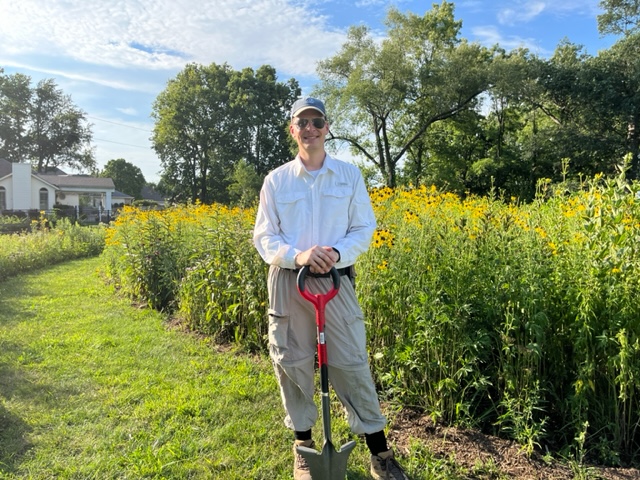
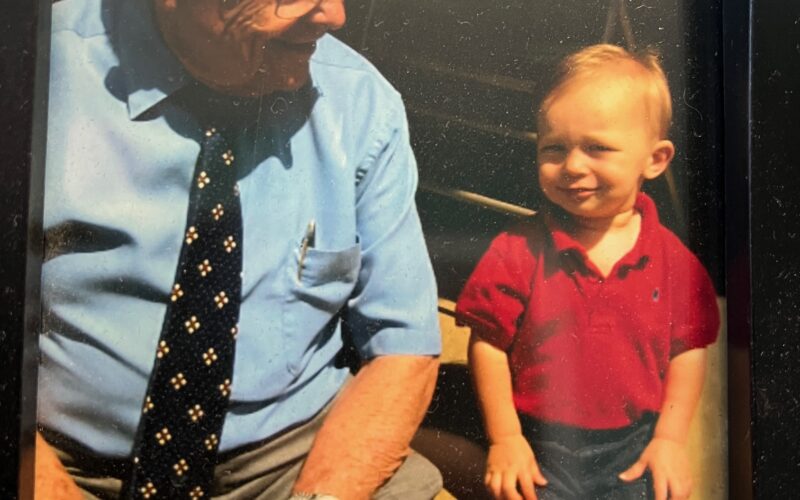
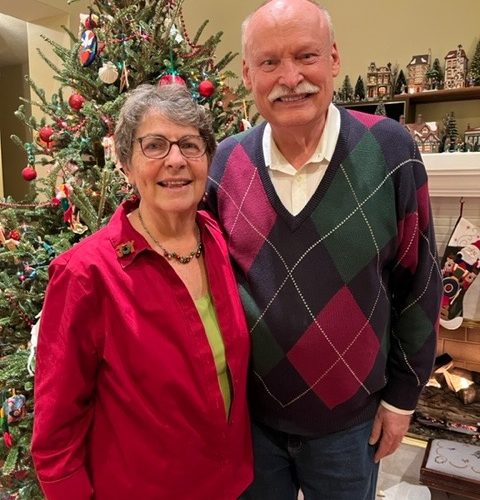
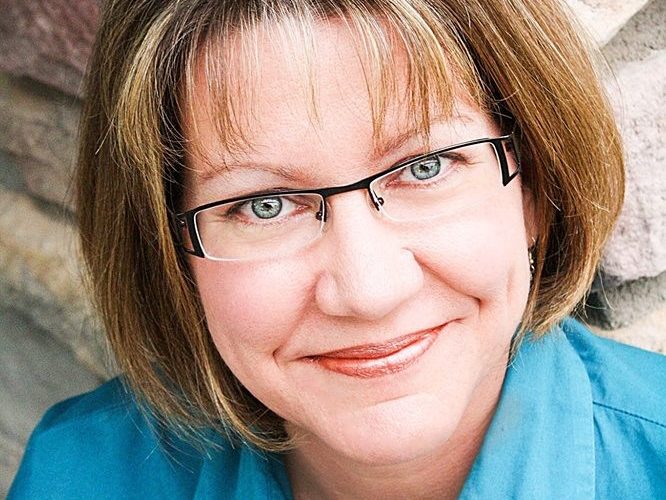
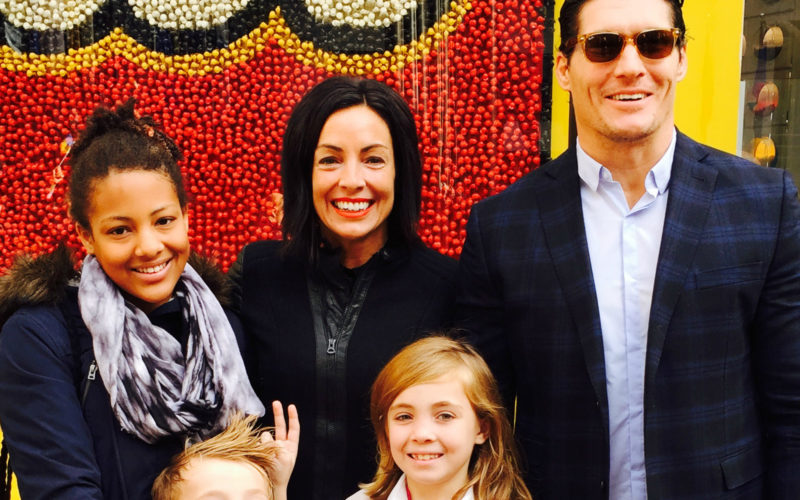
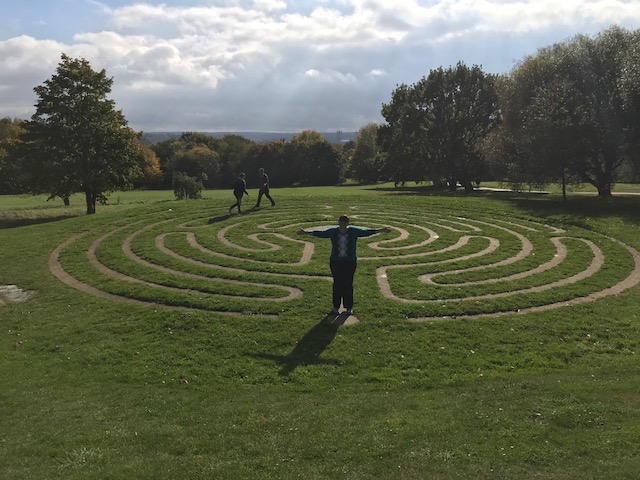
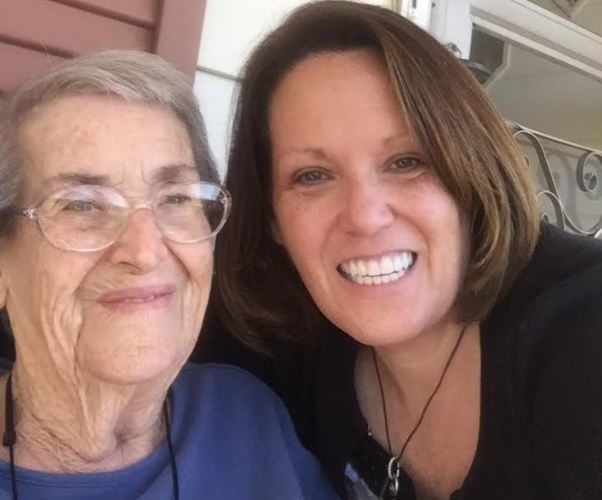

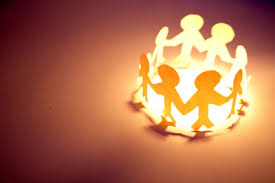
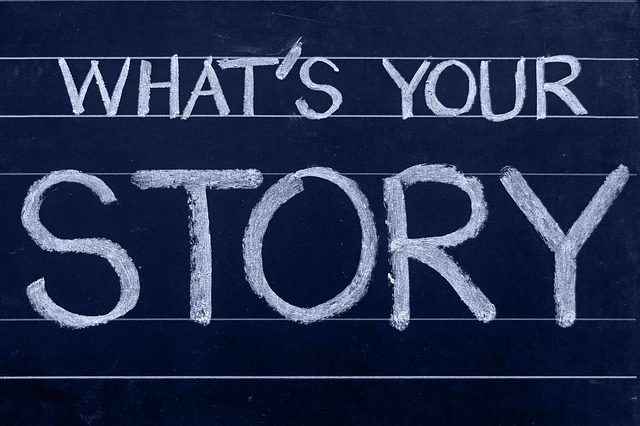
Recent Comments